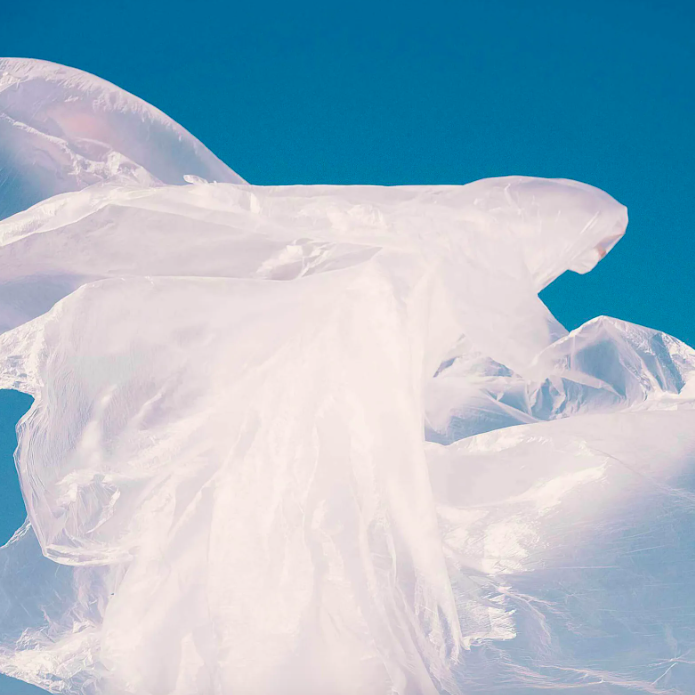
More and more studies are highlighting the commonality of microplastic (plastic fragments smaller than 5 mm) in the air and oceans. And with the disastrous consequences on the environment and health, it seems essential to gradually shift our habits to turn to a healthier lifestyle. According to Rosalie Mann, president of the No More Plastic association, every human being ingests or inhales the equivalent of a credit card worth of microplastics per week. Mann notes that microplastics are in the human body, stating that recent studies have even found them in our blood. Problems linked to microplastics range anywhere between immune system problems to chronic diseases such as diabetes, obesity, asthma, cardiovascular disease, infertility or even cancer.
The less we buy or consume it, the less we pollute the planet and our oceans. The Australian foundation Plastic Free July lists on its website ideas for eliminating plastic from your daily life. Below are a few suggestions.
Swap tea bags for a metal tea infuser
Many tea bags contain plastic and chemicals that seep into hot water (according to a recent study, one tea bag releases approximately 11.6 billion microplastics into the cup). For your health and the planet’s, it’s a good idea to turn to real plant leaves and opt for a metal tea infuser with loose leaf tea.
Consume on the spot rather than take “to-go”
This is to avoid unnecessary waste.
Avoid drinks in cardboard packaging
This includes milk or fruit juice. Why? The cardboard of this type of packaging typically includes added aluminum and plastic. This plurality of materials considerably complicates recycling. Two options: grab the glass alternatives or make homemade drinks.
Opt for plastic-free washing products
In kit form, powder, shavings… New generation detergents are emerging, with the guarantee of being 100% plastic-free and biodegradable.
Skip balloons and other plastic decorations
Theme parties shouldn’t be used as an excuse to buy, especially for the occasion, decorative items made from plastic such as balloons or glitter. Why not take the time to make your own? Or borrow or rent them? A balloon takes forever to deteriorate in the environment and winds up in the waters of rivers and oceans.
Trust period panties
Conventional sanitary protections all contain single-use plastic that ends up in the oceans and will take more than 500 years to disintegrate. The ideal alternative is to turn to ecological menstrual panties such as organic cotton.
Wear clothes of natural fibers
Take linen or hemp, for example. And not synthetic materials such as polyester, nylon or acrylic, which release microplastics with each wash. Note: even clothes made of recycled synthetic materials are not the solution, since they preserve the misfortune of plastic pollution and these substances are absorbed by the pores of our skin.
Pick up plastic waste
Anywhere, anytime. Alone or with others. Environmental organizations are stepping up events in the places most frequented and dirtied by tourists after holidays.
Buy your food in bulk
The best thing is to bring your bag to the store to slip in the quantity you need of nuts, pasta and seeds available in bulk. This is to avoid the waste of packaging and food.
Cover your food with a plate
A plate placed upside down or a beeswax cloth are just as effective as cling film for covering and preserving food. The risk of contamination with less chemical components.
beauty beauty trends celebrities celebrity news christmas christmas movies coffee dating fall fashion fashion fashion designers fashion trends fashion week fitness hailey bieber hair trends halloween harry potter health Instagram Justin Bieber kate middleton King Charles meghan markle mental health milan fashion week movies music netflix new york city paris paris fashion week pregnancy prince harry princess diana prince william relationships royal family royals skincare street style television travel valentine's day wellness